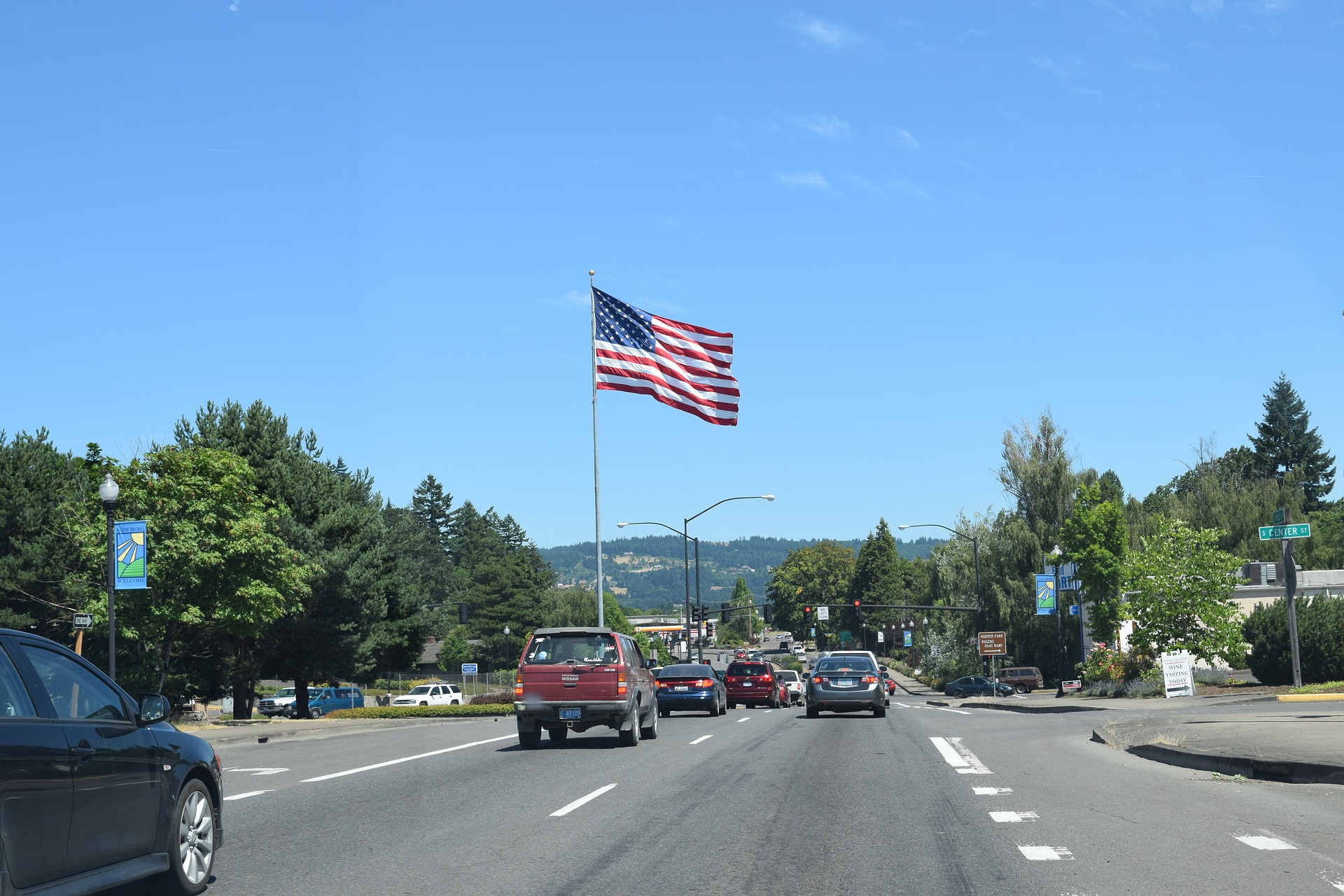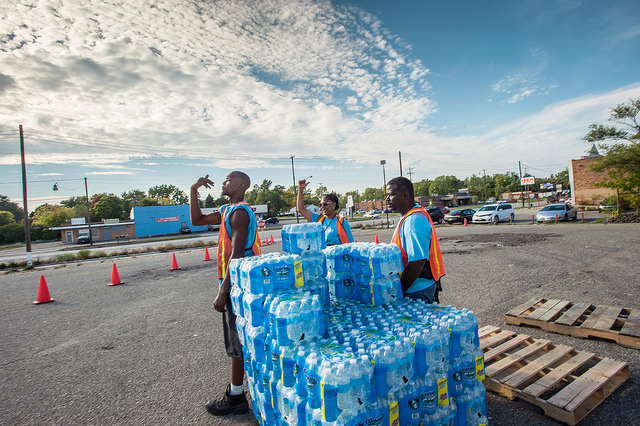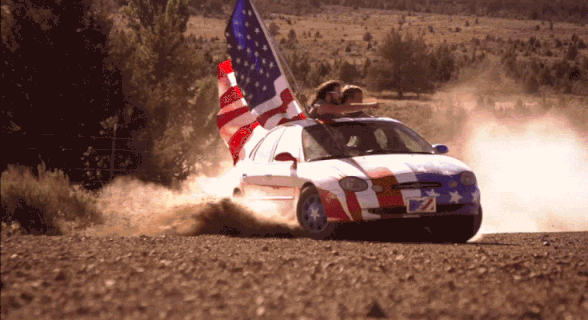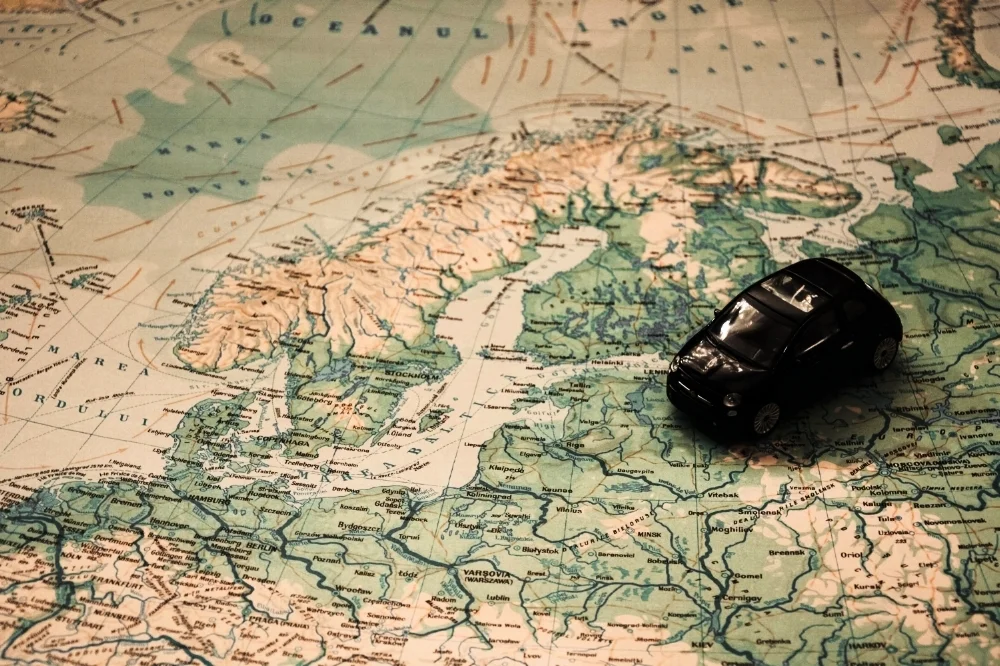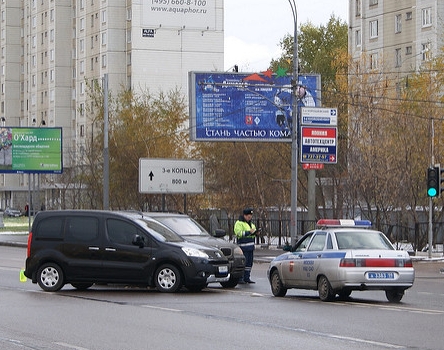Although the Fourth of July lands in the middle of the week this year, many Michiganders will take time off to travel to their holiday destinations. In fact, according to Click on Detroit, it’s estimated that 1.5 million Michigan residents will be travelling on Wednesday! Whether staying local, crossing the state, or even crossing the country, drivers must be alert when hitting the road on Independence Day. Not only will there be higher traffic volumes, but alcohol will also be flowing in backyard barbecues and picnics. As a result, drunk driving car accidents are highly likely to occur. In fact, according to the National Highway for Traffic Safety (NHTSA), the 4th of July is, “one of the deadliest holidays of the year due to drunk driving.”
The NHTSA also reported that, 146 people lost their lives due to a negligent drunk driver in 2015. Approximately 97 of those drunk driving car crash fatalities occurred in a car accident where the at fault driver had a blood alcohol content (BAC) of 1.5 or higher. That’s “almost twice the legal limit!” When getting behind the wheel while intoxicated, the driver is not only risking their own safety, but also the safety of their passengers, and everyone else trying to enjoy the holiday. Aside from avoiding drinking and driving, listed below are other important driving safety tips drivers should follow, issued by Safety 1st Driving School.
4th of July Travel Safety Tips
- Stay in the same place all day if possible. If you’re party-hopping, walk or bicycle.
- If you must drive, do NOT drink.
- Stay alert and free from distractions at all times, as people, children and animals may be walking around outdoors. That means NO TEXTING, and keep your music low.
- If you’re tired, stay put. Nothing’s worth risking your life for.
- Avoid the late hours of the night or early morning hours, when people are likely to be driving home and may be drunk or tired.
- Observe all speed limits – even slow down a little – and buckle up.
- This is a day to be extra alert, patient, and cautious. If you can’t be all three of those, don’t drive.
As stated by NHTSA, “America’s Independence Day is about freedom. But freedom comes with responsibilities.” The Fourth of July should be a day for celebration, not for regret. Remember, it is never okay to drink and drive. Hot dogs and potato salad may mix, but alcohol and automobiles never do! Even if drivers have only had a little bit to drink, according to the NHTSA, buzzed driving IS drunk driving.
For those over the age of 21, drinking is a fun way to commemorate the 4th of July holiday. If you choose to celebrate with a drink, for your safety and the safety of others on the road, put together a travel plan ahead of time. Drivers have many options, including local transit, taxis, and car ride services. For example, rideshare apps like Uber and Lyft make it easier than ever before to get home safe after having a few drinks. If you’re hitting the road this week, safe travels, and have a happy Fourth of July!
With plenty of Michigan drivers travelling this Fourth of July, the chances for an automobile accident to occur are extremely high. Unfortunately, car accidents are not 100% preventable. However, choosing not to drink and drive is a great start to a fun and safe Independence Day. If you have been in an automobile accident and would like a free consultation with an experienced car accident attorney, contact the The Michigan Law Firm, PC at 844.4MI.FIRM. Our accident attorneys are here to answer any questions you may have regarding benefits you may be entitled to under Michigan law.


